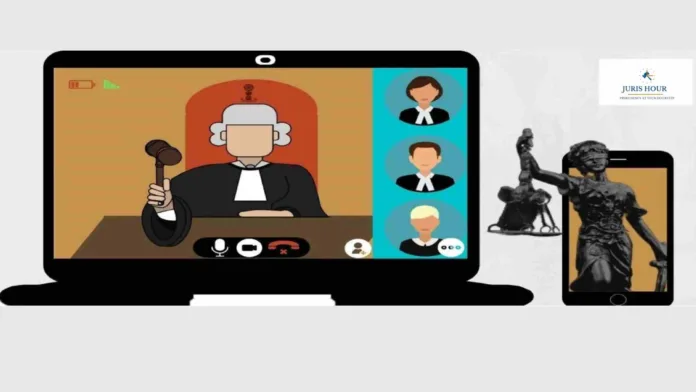In a significant push towards digital transformation in the judiciary, the Income Tax Appellate Tribunal (ITAT) has marked a milestone in e-governance with over 26,000 appeals and applications filed electronically via its e-filing portal as of February 28, 2025. This development reflects growing stakeholder confidence in the Tribunal’s digital infrastructure and a wider institutional shift towards paperless, efficient adjudication.
The e-filing portal, launched to streamline the submission of appeals, petitions, and related documents, has been actively embraced by litigants and practitioners across the country. This initiative aligns with the Government of India’s broader vision for digital justice delivery and citizen-centric governance.
Further modernizing its operations, ITAT has implemented state-of-the-art video conferencing facilities in its new office premises at the Delhi and Lucknow benches. The infrastructure enables smooth and uninterrupted virtual and hybrid hearings, significantly improving access to justice, particularly for stakeholders residing in remote areas or facing mobility constraints.
According to a written reply by Shri Arjun Ram Meghwal, Minister of State (Independent Charge) for the Ministry of Law and Justice, to a question in the Rajya Sabha, a total of 1,22,302 hearings were conducted via video conferencing before various benches of ITAT between July 2023 and December 2024. The Tribunal’s proactive implementation of hybrid hearings is in full compliance with the directions of the Hon’ble Supreme Court of India and underscores its commitment to litigant convenience.
Crucially, no request for virtual hearing has been denied, demonstrating ITAT’s inclusive approach and responsiveness to stakeholders’ needs. The provision of high-speed internet through Optical Fiber Cable (OFC) at benches across the country further strengthens the digital backbone of the Tribunal.
As the legal system continues to evolve with the integration of technology, ITAT’s advancements in e-governance and e-courts set a precedent for other quasi-judicial and judicial bodies in India.

